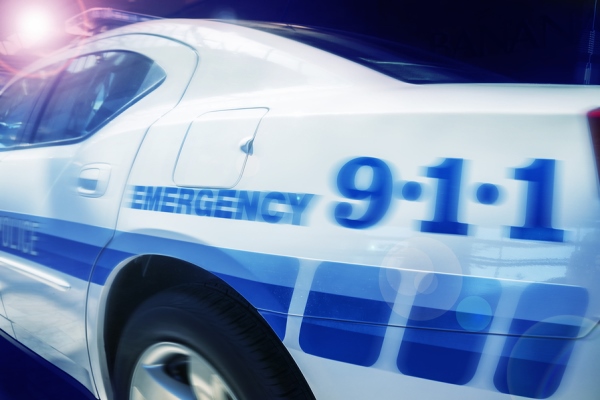9/11

Today is 9/11 (September 11th) and this day will be engrained in our minds because of what happened in New York, Washington DC, and the fields of Pennsylvania several years ago.
I thought we’d take this time to talk about another 9/11 – Calling 911 . . . another very important thing. We all know the number, but do we know “How to best use it if we have to?”. Here are some guidelines:
- Stay calm. It's important to take a deep breath and not get excited. Any situation that requires 911 is, by definition, an emergency. The dispatcher or call-taker knows that and will try to move things along quickly, but under control.
- Know the location of the emergency and the number you are calling from. Even though many 911 centers are able to see your location on the computer screen -- they are still required to confirm the information. If for some reason you are disconnected, at least emergency crews will know where to go and how to call you back. As the call progresses, you will hear clicking - do not hang up!
- Wait for the call-taker to ask questions, then answer clearly and calmly. If you are in danger of assault, the dispatcher or call-taker will still need you to answer quietly, mostly "yes" and "no" questions.
- Let the call-taker guide the conversation. He or she is typing the information into a computer and may seem to be taking forever. There's a good chance, however, that emergency services are already being sent while you are still on the line.
- Follow all directions. In some cases, the call-taker will give you directions. Listen carefully, follow each step exactly, and ask for clarification if you don't understand.
- Keep your eyes open. You may be asked to describe victims, suspects, vehicles, or other parts of the scene.
- Do not hang up the call until directed to do so by the call-taker.
